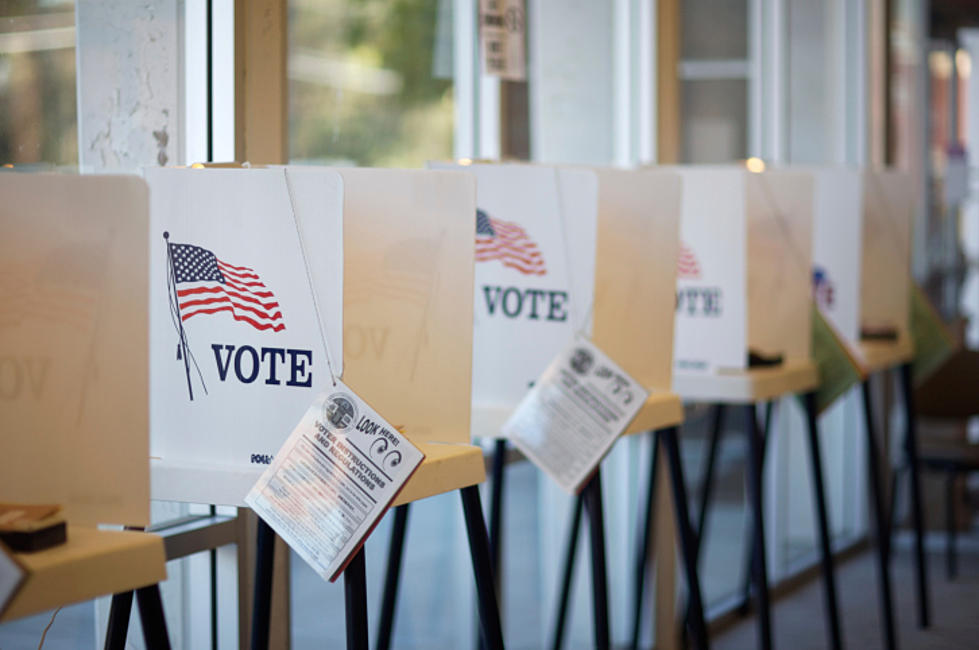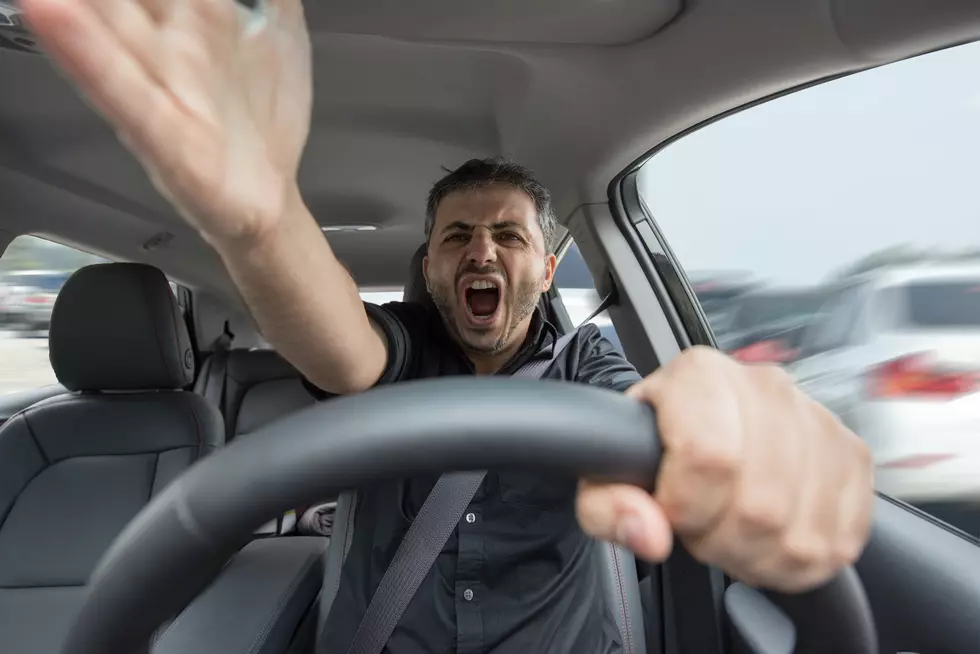
Why Is Voting Important?
Why Is Voting Important?
The right to vote is America's most important political right outside of the Bill of Rights, and it is also the most hard-won right. I read once that in the early years of our republic, only white landowners could vote. However, ever so slowly the franchise was broadened in the states to include white male laborers, and women gained full or partial rights in most states before winning the 19th Amendment to the Constitution in the twenties, which really resulted in women gaining full and equal voting rights. The most difficult voting rights struggle,Black Americans, who right to vote was recognized in the 15th Amendment of the Constitution, continued to face official and unofficial restrictions and suppression in the Southern states and cities until the Voting Rights Act of 1965 set up strong federal protections for the freedom to vote by prohibiting and or limiting many of the discriminatory election policies and practices of the Jim Grow South.
The Voting Rights Act along with subsequent legislation such as the National Voter Registration Act, which requires state agencies to provide opportunities for voter registration, has helped make significant progress in increasing voting by Black Americans and other historically marginalized groups. At the same time, the overall voting rate decreased to historic lows in this period, and, today, some Americans are still without voting rights while many more face new restrictions or unnecessary challenges in exercising their right to vote. There are millions of incarcerated persons, who are disproportionately people of color, cannot vote while serving their time, and even millions more who face limits on voting even when they are released. In some states eligible voters at times face restrictive policies such as strict registration deadlines, photo identification requirements, and racially-motivated redistricting.
Looking back at an ongoing practice of institutional racism in the election systems, this new generation of election policies and rules appear to single out certain groups and disproportionately affect people of color, people who are poor, and the young.







